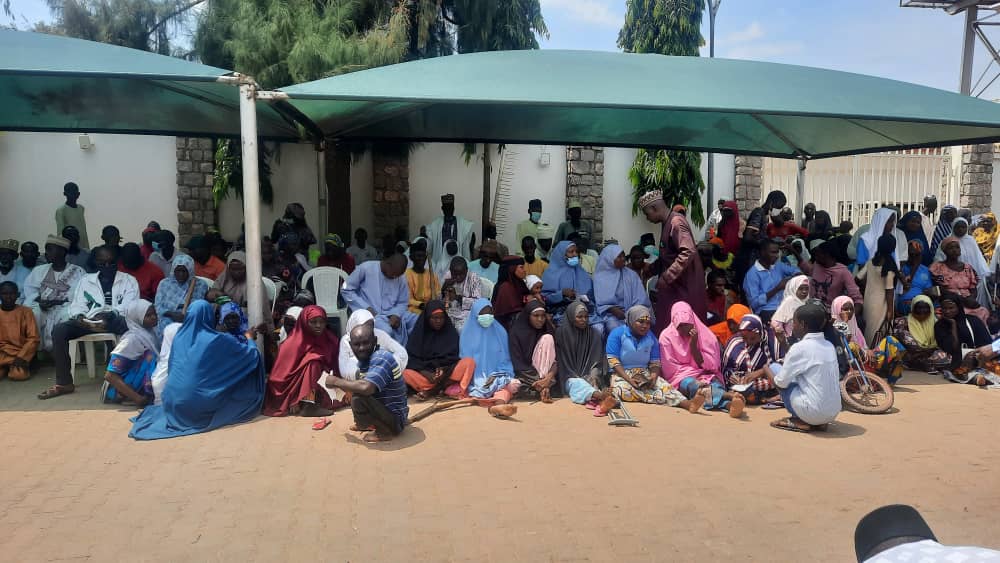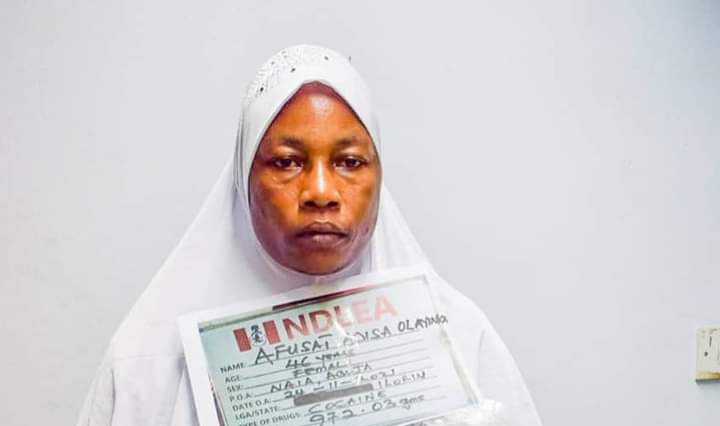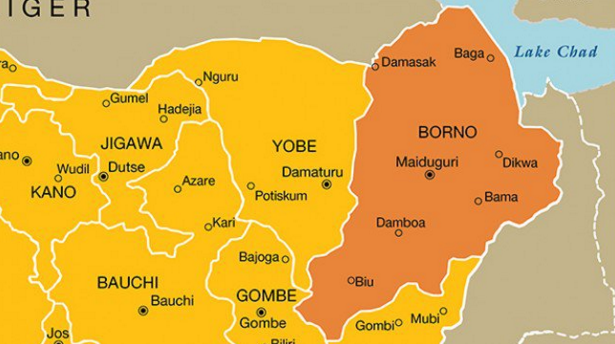The United Nations Children’s Fund (UNICEF) says 74.6 percent of residents of Gombe state are poor.
Yusuf Auta, social protection specialist, UNICEF Bauchi field office, announced this on Monday at the opening of a workshop on the development of the implementation plan and costing of Gombe State Social Protection Policy.
Auta said the figures were captured in the social protection policy document recently developed for the state.
Gombe is one of the top 10 poorest states in Nigeria.
Advertisement
“Current statistics show that 74.6 percent of Gombe state residents are living below poverty line,” Auta said.
“This simply suggests that seven out of 10 Gombe state residents are poor.”
According to the World Bank, persons regarded to be extremely poor live below the poverty line of $1.90 or N693.5 per day.
Advertisement
The World Poverty Clock, created by Vienna-based World Data Lab, said 91.16 million Nigerians were living below a dollar a day as of February 13, 2019.
The UNICEF official also decried the high level of multi-dimensional poverty among children in the state.
“The Multi-Dimensional Child Poverty Analysis in Nigeria shows that 71.9 percent of children in Gombe are multi-dimensionally poor,” Auta said.
“This simply means that majority of children in the state don’t have access to nutrition, healthcare services, education, housing, sanitation, water and information.
Advertisement
“Unfortunately, most children in Gombe are denied access to these basic necessities of life.”
He commended the Gombe government for developing the policy document, adding that it would place the state on the path of growth and development.
He added that the policy, if implemented, would promote the well-being of children and women in the state.
“UNICEF is happy to be part of this process and this is because it affects the lives of women and children,” he said.
Advertisement
“UNICEF pays attention to women and children because it is the credo of development.
“With proper education, health, nutrition, water and sanitation, poverty reduction, among others, the child is at home.
Advertisement
“Social protection policy provides the platform for UNICEF to support women and children to have a better life.
“So, we are here to come up with an implementation plan which will be in accordance with the budget provision of the state.”
Advertisement
Add a comment







